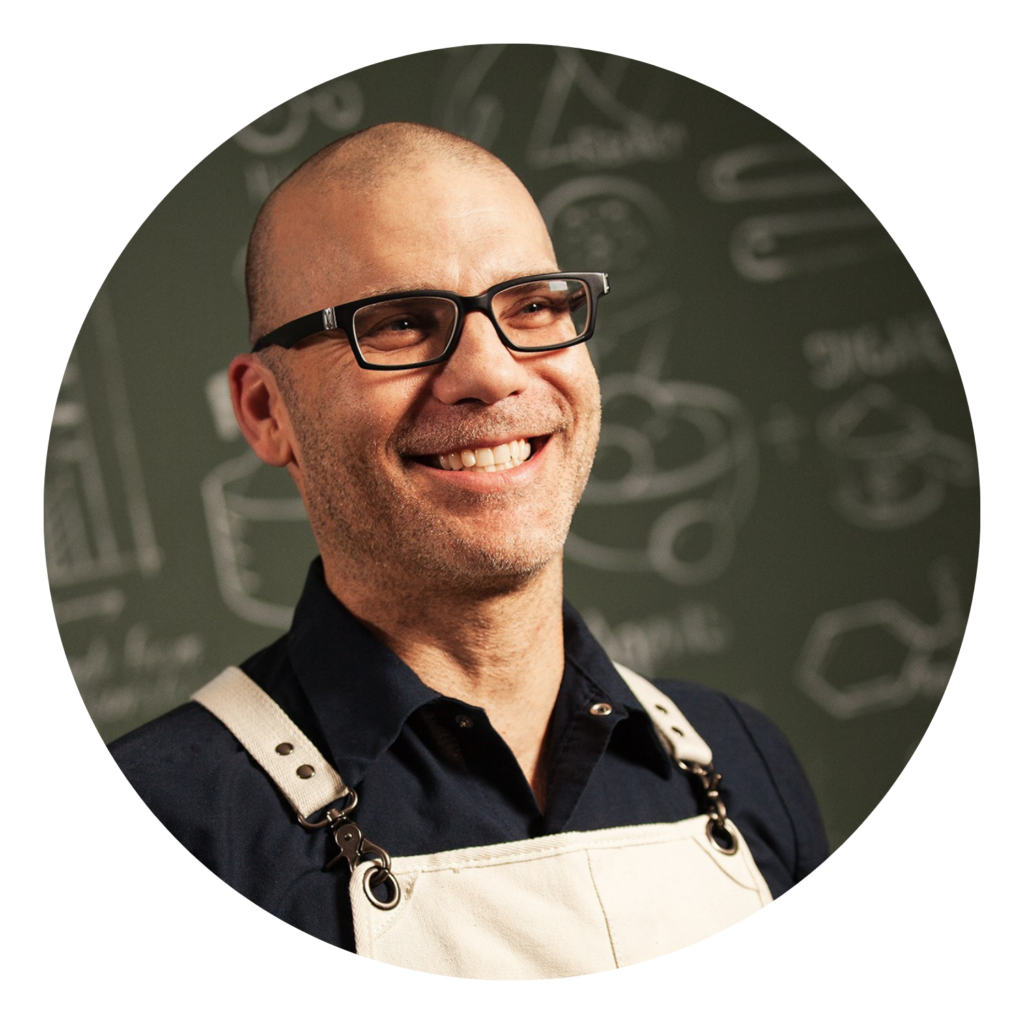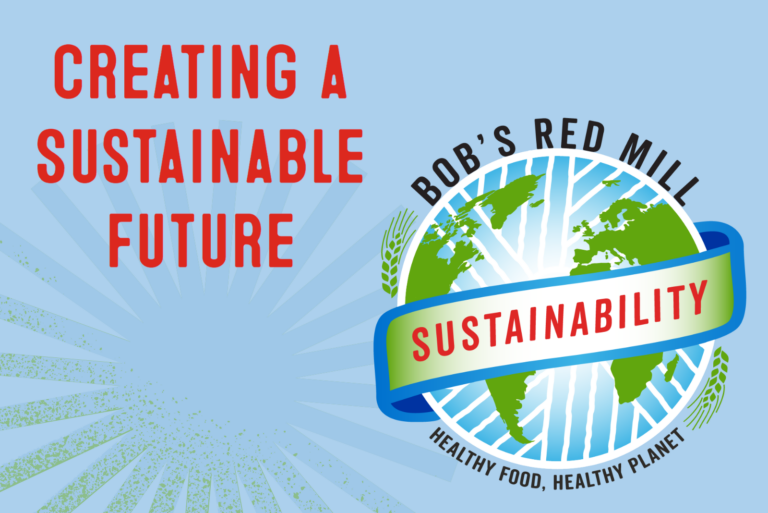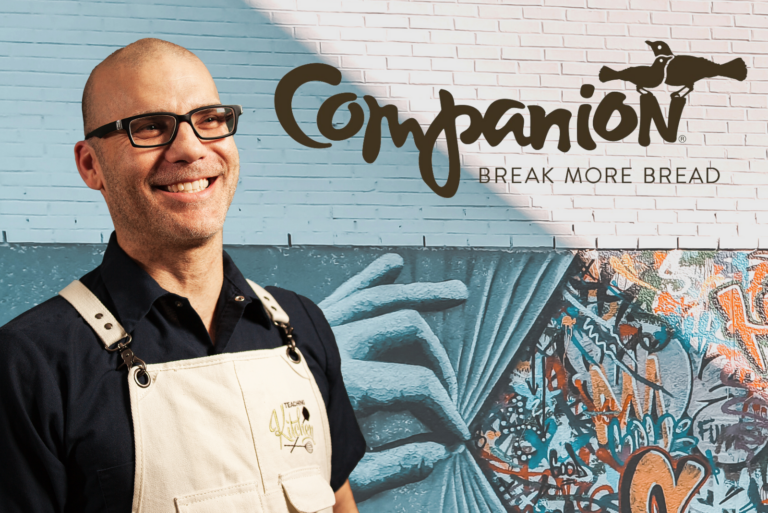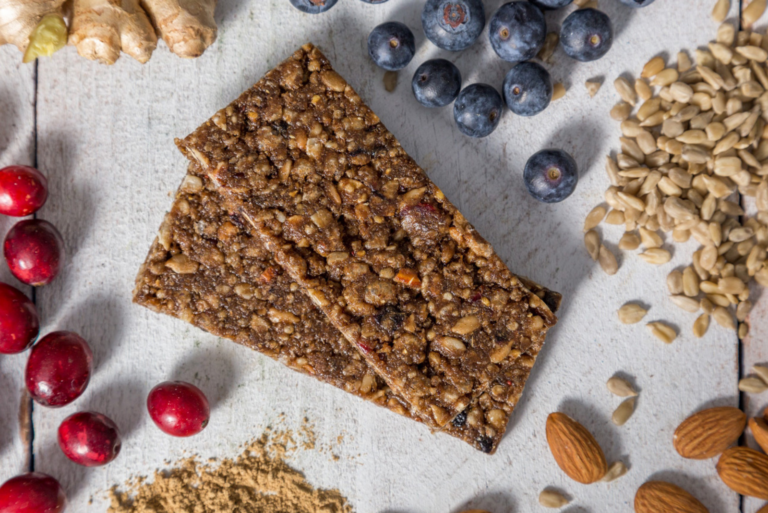But this grassroots support for environmentally friendly manufacturing is creating a trickle-up effect.
Due to supply chain disruptions and increased focus on health, shoppers are aware — perhaps now more than ever— of a product’s full lifecycle. Consumers now know there are a lot of steps involved in creating commercially baked food … from the time a croissant or cookie is just ingredients in a commercial mixer until it’s a finished product ready to eat. They scrutinize not only how these products are being made, but also the impact that production has on the planet.
This is why major retailers such as Whole Foods and Target are putting more pressure on their suppliers to meet sustainability specifications.
Target has committed to a 2040 goal of zero greenhouse gas emissions across its entire supply chain. This ambitious goal breaks down greenhouse gas emissions into three categories: Scope 1 relates to emissions generated from one’s facility, scope 2 relates to emissions from energy purchased to power one’s facility, and scope 3 relates to emissions generated from the entire supply chain.
By pursuing incremental change, this encourages bakery manufacturers to make necessary changes in ways that don’t disrupt productivity. Thomasville, GA-based Flowers Foods can vouch for this approach.
 “Change is always challenging, so we try to integrate sustainability into the design of new lines or upgrades rather than a completely new project or process,” said Margaret Ann Marsh, VP of environmental sustainability at Flowers Foods. “And communication is key. It’s important to provide consistent and transparent messages to employees, consumers and stakeholders about what we’re doing, why we’re doing it and what progress we’re making toward our goals.”
“Change is always challenging, so we try to integrate sustainability into the design of new lines or upgrades rather than a completely new project or process,” said Margaret Ann Marsh, VP of environmental sustainability at Flowers Foods. “And communication is key. It’s important to provide consistent and transparent messages to employees, consumers and stakeholders about what we’re doing, why we’re doing it and what progress we’re making toward our goals.”
Whole Foods underscores this kind of transparency with its rigorous quality standards and “Sourced for Good” program. Rather than simply expecting compliance with sustainability directives, this retailer sets the bar for consumers and companies. Whole Foods has increased its preference for products that are certified by third-party organizations such as the Rainforest Alliance. It also strictly limits use of palm oil, a common ingredient in baked goods, to only products certified by the Roundtable on Sustainable Palm Oil.
These certifications are just one component of the marketing benefits that sustainability can bring to brands … if they do it right. By maintaining an authentic and transparent commitment to having a sustainable operation, bakeries can improve their planet and profits at the same time. But soon, this may no longer be a choice. Local, state and federal governments are implementing stricter regulations on manufacturers’ greenhouse gas emissions in the fight against climate change.
There are a million different ways to pursue sustainability, but it’s all united by one goal — to lessen our carbon footprint — which creates long-term value for companies as they adapt to increasing regulations.
Even the longest journey begins with one step in the right direction. But there’s also an urgency to get started now. After all, a snowball effect should probably get rolling before the rest of the glaciers melt.
This story was adapted from a longer piece in Commercial Baking’s Innovations Annual. Read the full story here.


 Josh Allen, founder and owner of St. Louis-based Companion Baking, has made a dent in those numbers. He was named as this year’s “Sustainability Hero” by the Tiptree World Bread Awards for reducing his bakery’s trash by more than 1 million lbs. Allen and his team take a holistic approach to waste reduction, using tools such as flour reclamation on the bread lines and a composting and recycling program that cut the bakery’s landfill contribution by more than 75%.
Josh Allen, founder and owner of St. Louis-based Companion Baking, has made a dent in those numbers. He was named as this year’s “Sustainability Hero” by the Tiptree World Bread Awards for reducing his bakery’s trash by more than 1 million lbs. Allen and his team take a holistic approach to waste reduction, using tools such as flour reclamation on the bread lines and a composting and recycling program that cut the bakery’s landfill contribution by more than 75%. “Change is always challenging, so we try to integrate sustainability into the design of new lines or upgrades rather than a completely new project or process,” said Margaret Ann Marsh, VP of environmental sustainability at Flowers Foods. “And communication is key. It’s important to provide consistent and transparent messages to employees, consumers and stakeholders about what we’re doing, why we’re doing it and what progress we’re making toward our goals.”
“Change is always challenging, so we try to integrate sustainability into the design of new lines or upgrades rather than a completely new project or process,” said Margaret Ann Marsh, VP of environmental sustainability at Flowers Foods. “And communication is key. It’s important to provide consistent and transparent messages to employees, consumers and stakeholders about what we’re doing, why we’re doing it and what progress we’re making toward our goals.”







